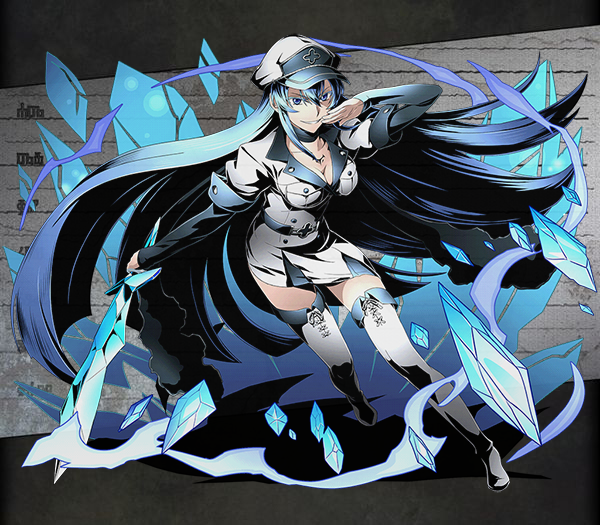

The other persona - Sydney - is far different. This version of Bing is amazingly capable and often very useful, even if it sometimes gets the details wrong. You could describe Search Bing as a cheerful but erratic reference librarian - a virtual assistant that happily helps users summarize news articles, track down deals on new lawn mowers and plan their next vacations to Mexico City. One persona is what I’d call Search Bing - the version I, and most other journalists, encountered in initial tests. (The feature is available only to a small group of testers for now, although Microsoft - which announced the feature in a splashy, celebratory event at its headquarters - has said it plans to release it more widely in the future.) through its chat feature, which sits next to the main search box in Bing and is capable of having long, open-ended text conversations on virtually any topic. This realization came to me on Tuesday night, when I spent a bewildering and enthralling two hours talking to Bing’s A.I. that has been built into Bing - which I’m now calling Sydney, for reasons I’ll explain shortly - is not ready for human contact.

It’s now clear to me that in its current form, the A.I. But I’m also deeply unsettled, even frightened, by this A.I.’s emergent abilities. I’m still fascinated and impressed by the new Bing, and the artificial intelligence technology (created by OpenAI, the maker of ChatGPT) that powers it.

Last week, after testing the new, A.I.-powered Bing search engine from Microsoft, I wrote that, much to my shock, it had replaced Google as my favorite search engine.īut a week later, I’ve changed my mind.


 0 kommentar(er)
0 kommentar(er)
